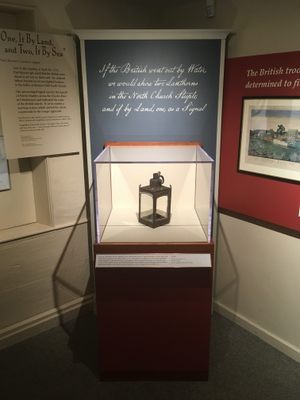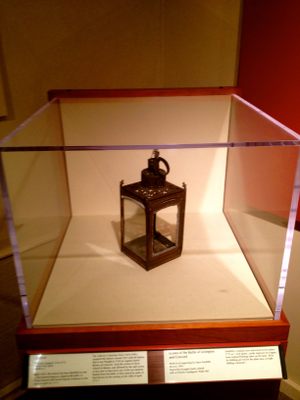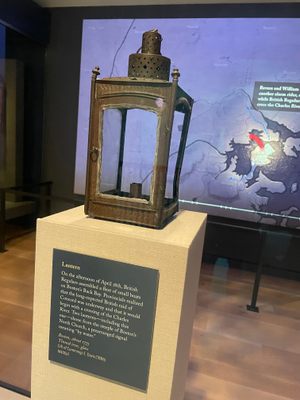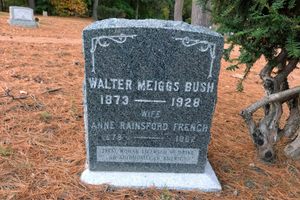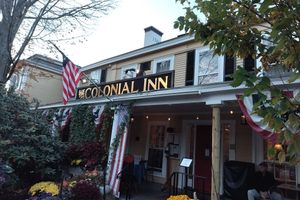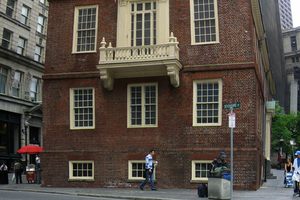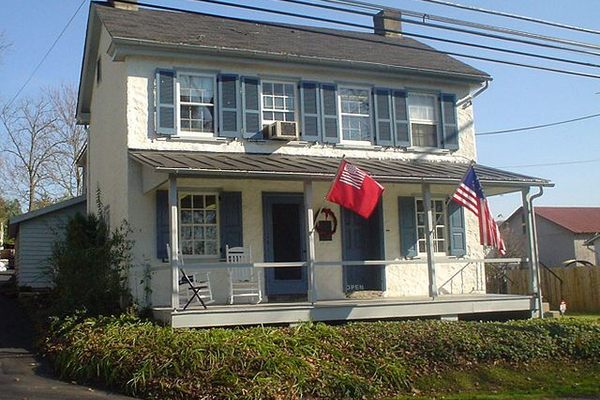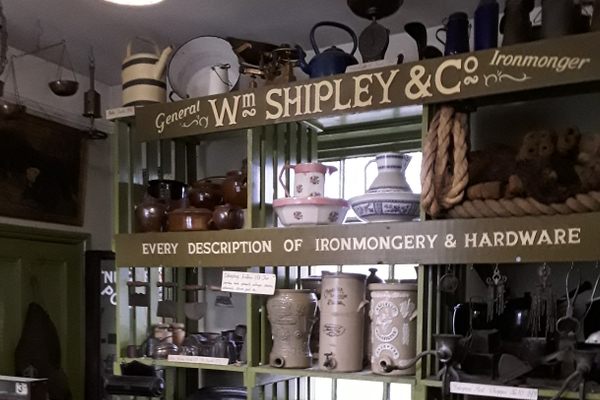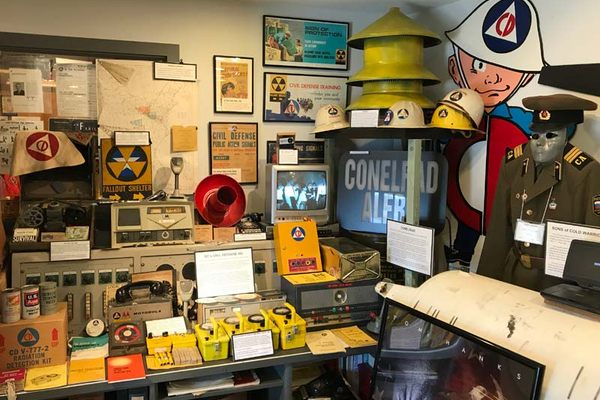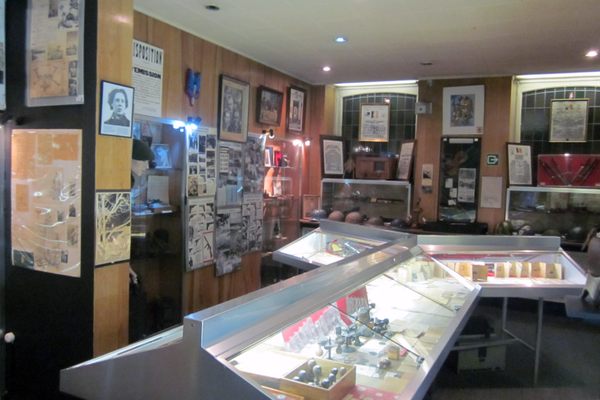About
One of the highlights of the Concord Museum's extensive Revolutionary War collection, this lantern is one of the the original two that were lit and hung in the belfry of Boston's Old North Church (Christ Church) on the night of April 18, 1775, to warn that the British Regulars were on the march.
The lantern was made famous in a line from Henry Wadsworth Longfellow's 1860 poem "Paul Revere's Ride."
If the British march / By land or sea from the town to-night / Hang a lantern aloft in the belfry-arch / Of the North-Church-tower, as a signal-light, / One if by land, and two if by sea; / And I on the opposite shore will be, / Ready to ride and spread the alarm / Through every Middlesex village and farm, / For the country-folk to be up and to arm.
On Revere's command, a pair of lanterns were used to signal American militiamen of impending British army movements out of Boston. Afterwards, Revere rode out from Boston northwest towards Concord to warn of the British Army's intent to seize a cache of arms and supplies hidden for use by the militia units in the area. This event eventually culminated in the skirmish at the Lexington town green and later the fight at Concord's North Bridge between American militia and British Regulars, thus beginning the American Revolutionary War on April 19, 1775.
The shots fired upon the British by the militiamen at the North Bridge were later immortalized in Ralph Waldo Emerson's 1836 poem "Concord Hymn" as the "...shot heard round the world."
Related Tags
Know Before You Go
Check the Concord Museum's website for seasonal operating hours.
Community Contributors
Added By
Published
July 16, 2018
